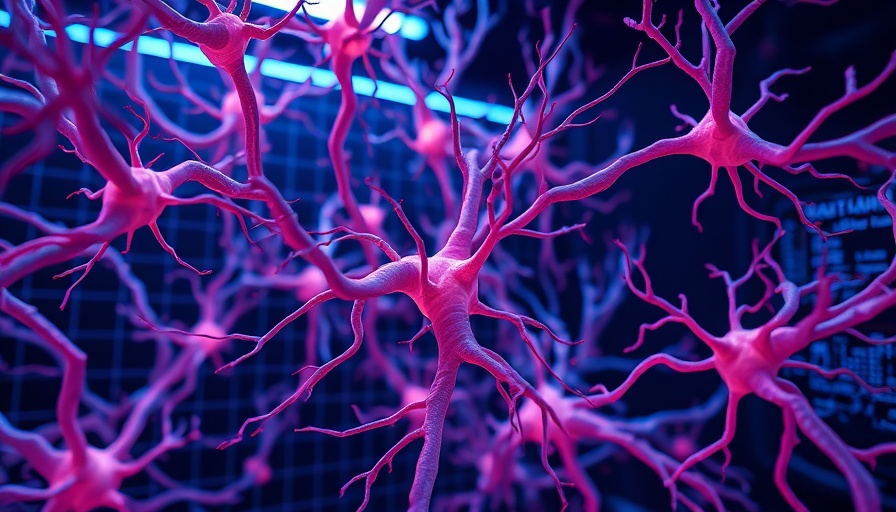
Revolutionizing Rural Healthcare: The Promise of AI
As artificial intelligence (AI) continues to reshape industries, rural healthcare organizations stand on the precipice of a technological transformation. With distinct challenges compared to their urban counterparts, rural hospitals and health systems have begun to explore AI applications that can streamline operations, enhance patient care, and ultimately save lives.
Navigating the Unique Landscape of Rural Healthcare
Rural healthcare systems often face a different set of challenges when it comes to implementing AI technologies. According to a 2025 study from Texas State University, many rural organizations encounter obstacles like limited technology infrastructure and prohibitive upgrade costs. However, these hurdles can be addressed through strategic investments and tailored AI solutions that resonate with community needs.
Mei Wa Kwong, executive director of the Center for Connected Health Policy, underscores the importance of adapting AI applications to the pain points of specific patient populations, stating, "AI can be beneficial on the administrative end, where there are tasks that otherwise need a lot of resources. Where there are tools to help humans work more efficiently or effectively, people see that as a good use of AI." The emphasis on accessibility and acceptability is crucial for community buy-in.
Top AI Applications for Rural Health Systems
National Rural Health Association CEO Alan Morgan identifies three promising AI use cases that emerge during his discussions with healthcare leaders:
- Ambient AI for Documentation: By automating the documentation of patient visits, AI allows healthcare providers to concentrate on patient interactions rather than being tethered to their computers. Morgan enthuses, "It’s amazing how much time this is freeing up. I think this is potentially the greatest benefit we may see coming from AI." This shift not only enhances the patient experience but also fosters deeper relationships between patients and their healthcare providers.
- Predictive Analytics: Advanced AI models can analyze patient history to flag issues that may warrant follow-up care. For example, if a patient frequently reports sleep difficulties, an AI system can recognize this pattern and prompt the practitioner to address it. This proactive approach to health management empowers providers to deliver tailored patient care.
- Resource Allocation: AI can assist rural health systems in analyzing data related to resource usage, ultimately guiding smarter staffing and inventory decisions. By identifying trends, rural organizations can optimize their operations, ensuring they provide the best possible care amidst often limited resources.
The Future of AI in Rural Healthcare
Looking ahead, the integration of AI in rural healthcare paints a picture of enhanced efficiency and improved patient satisfaction. As rural health organizations lean into these technologies, they can capitalize on the predictive power and administrative efficiency AI offers, potentially transforming the landscape of rural care delivery.
Take Action: Engaging with AI
Investing in AI is not merely a financial decision; it’s a commitment to improving community health outcomes. Engaging stakeholders — including medical professionals, tech experts, and patients — will be essential in creating a sustainable integration of AI technologies in rural healthcare settings. The future of health is on the horizon, and it’s powered by technology that keeps the patient at its core.
 Add Row
Add Row  Add
Add 




 Add Row
Add Row  Add
Add 
Write A Comment